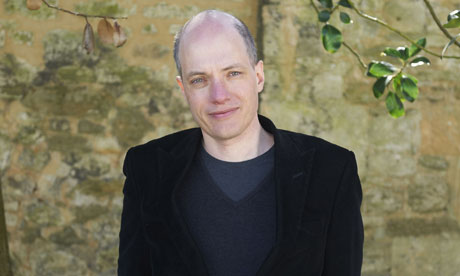(img from BeamsAndStruts.com)
Trevor Malkinson writes in his article "
Give Alms to Everyone That Asks" about the practice of alms giving... The title was inspired by a line by Walt Whitman. The article is worth reading in its entirety.
Inspired by his article, I would like to reflect a little of my own some thoughts about almsgiving.
Like Malkinson, I have encountered the ethical dilemma for me of deciding on or deliberating over the decision of whether to give money to all folks on the street who ask for it.
Several thoughts, mostly privileged and presumptuous, come to my mind:
"What if they use it for
something harmful or not useful for themselves or others?"
At the same time, "
Who am I to deliberate on whether something is harmful or useful for somebody else?"
"What if this is a
scam?"
These are not thoughts I am proud of, but they are there. I would like to look into them, for I think they reveal something about the way I have been conditioned to think of the world around me, and how I should behave as a citizen of it.
Something Harmful or Not Useful
I remember reading, in an admittedly American-centric version of political dualism, a few things about how our political leanings may also influence how we give:
--> Small-'l' liberal people tend to be better educated, and to favour the state as an apparatus of redistribution of wealth, but are also less likely to give generously in interpersonal interactions than...
--> Conservative people, who tend to be less well-educated, favour lowering taxes for the wealthy, yet are more likely to give to people interpersonally.
[I'd like to find this article where I first encountered this information, and post it here]
Other thoughts that arise: The feeling of scarcity (do I have enough change? Is it convenient for me to reach into my pocket right now to retrieve money? Don't I need this money for myself? Are there 'better' things to do with 'my' money?)
But then also, followed by...
...Who Am I...
... to make a decision on somebody else's life? To decide what is and isn't the 'right' thing to do with 'my' money? To decide what is helpful or harmful for others without consultation and communication? Is it not a violence to impose certain models of propriety onto others who haven't even consented to being roped into my constructions? Who am I to exert power over another, or for that matter, to withhold something that is in my possession when it is asked for by somebody else who needs it more than I? How do I use this power responsibly?
And in turn, what sort of power does this person have over me? In what sense does this power manifest? What does it look like? How does it feel in the body, in my gut, in my heart? In what sense is the information conveyed through this surveying of my sensations influencing the decision I make (spontaneously or after conscious deliberation)?
Scam?
The lust for authenticity, the assumption of the inherent badness of others, the fear of the Other, the Stranger...
...before allowing for the simple reality of their presence.
I want to reflect on Malkinson's idea of almsgiving as a type of spiritual
practice in its own right, to move beyond the obsessive political posturing of small-l liberal avoidance (in other words, the thoughts that: Because I organise politically to prevent the arising of poverty to begin with, I am exempt from needing to engage directly and in person with those who experience the direct consequences of being victimised by a system whose rules I did not write), and into a space where my heart is completely broken open to receive the humanity of the Other who asks for alms...
No Giver, No Gift
I also want to reflect on the Buddhist conception:
Give without knowledge of giver, gift, or recipient
That ultimately, the notion of giving as a form of spiritual practice can itself be co-opted by egotism... That I might give, because I experience the joy of "being a giver," and that this can reify attachments to inflating the illusory sense of Selfhood (which is ultimately a form of suffering).
On the other hand, I must beware of the very FEAR of this co-optation, which leads to the AVOIDANCE of giving... In other words, because I am afraid of feeling the attachment to the joy that spontaneously arises from giving, I choose not to give! While this may seem a bit ludicrous at first, I suspect many of us have similar experiences, such as the red-facedness we experience when we are complimented, or regarded by
others as 'good.'
For now, I am going to practice Giving Alms to Everyone That Asks. I am hoping it only begins as a practice, and that it will metamorph, over time, into a habit pattern that absents any obsessive deliberation by a hungry ego, and that what can truly emerge out of all of this is touching upon generosity as a very fundamental principle which nourishes my existence in the first place; that I am but a vehicle by which this universal principle is made manifest.



